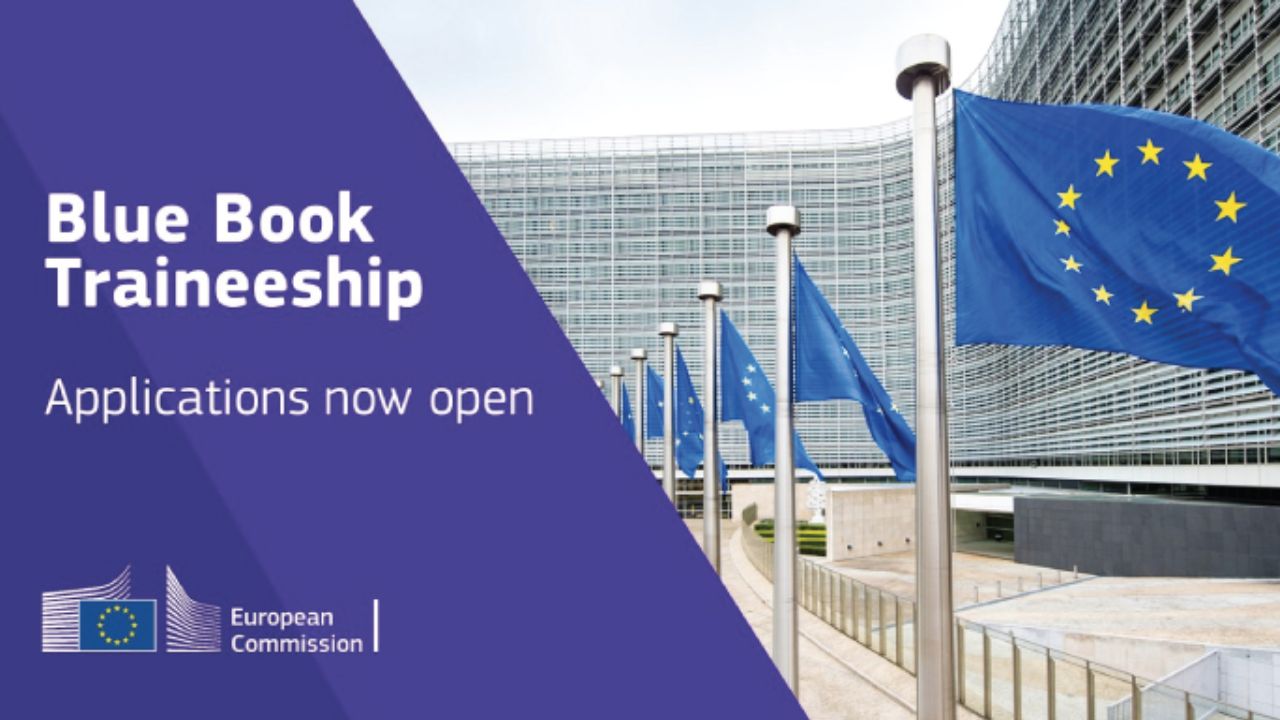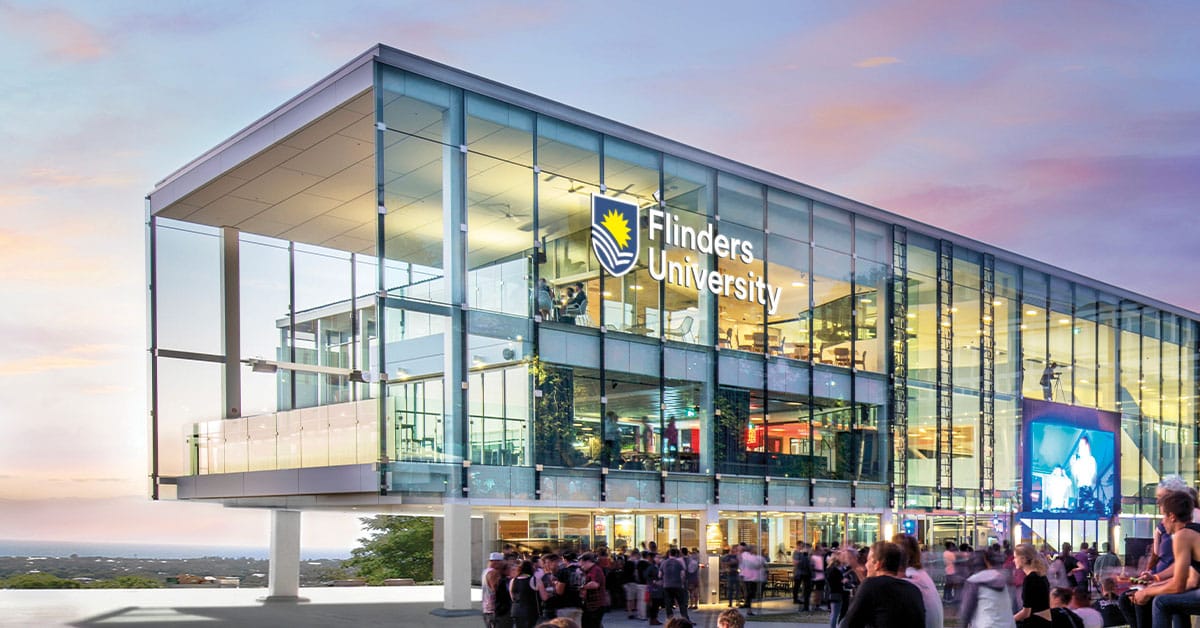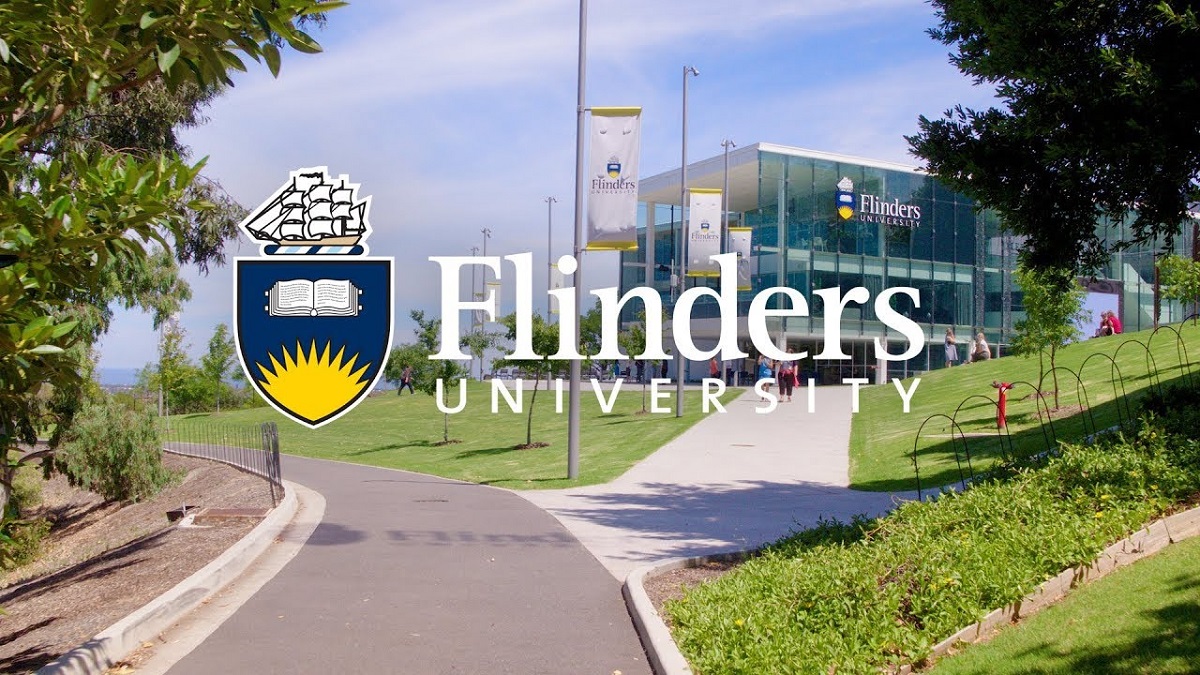Fully Funded United Nations OHCHR Indigenous Fellowship Program Geneva, Switzerland 2023
Application is now open for the United Nations OHCHR Indigenous Fellowship Program. Interested applicants are encouraged to send their applications in before the deadline date.
About UNHCR and Scholarship
Through the DAFI (Albert Einstein German Academic Refugee Initiative) scholarship program, refugees can get a bachelor’s degree in the nation where they are seeking sanctuary. The initiative has assisted more than 12,000 young refugees since 1992, thanks in large part to the loyal support of the German government and extra private contributors. The DAFI Program’s goal is to preserve and boost refugees’ abilities, empowering them to become more independent and actively participate in the growth of both host and refugee communities.
The Indigenous Fellowship Program was launched by the Office of the High Commissioner for Human Rights (OHCHR) in 1997 as a component of the first International Decade of the World’s Indigenous People.
The program’s objective is to provide indigenous people the chance to learn more about the UN system, the processes used to address issues relating to human rights in general indigenous concerns in particular, and the procedures themselves. After receiving training, participants are better equipped to aid their organizations and communities in protecting and expanding their rights. These training materials are available in English, Spanish, French, Russian, and Portuguese.
Details about the United Nations OHCHR Indigenous Fellowship Program:
Scholarship Sponsor: Albert Einstein German Academic Refugee Initiative/Office of the High Commissioner for Human Rights
Scholarship Value: Fully funded
Number of awards: Several
Study level: Postgraduate/Undergraduate/Fellowship
Host Institution(s): UNHCR
Benefits:
The chosen candidates will get a round-trip ticket, living costs, and fundamental health insurance for the length of the program.
HOW LONG WILL AWARD LAST?
Over four weeks in Geneva, fellows from the program’s five language components get training in tandem with simultaneous interpretation. Since the training program and the annual session of the Expert Mechanism on the Rights of Indigenous Peoples (June/July each year) are often held simultaneously, fellows can participate more actively in that Mechanism.
United Nations OHCHR Indigenous Fellowship Program – Eligibility Criteria
Applicants are advised to meet the following conditions to be eligible for the United Nations OHCHR Indigenous Fellowship Program:
- (Non-indigenous people will not be considered, even if they have significant relationships with indigenous communities and/or organizations.) The applicant must be indigenous.
- Participation in the program shouldn’t be limited depending on age.
- Formal education should not be a barrier to participation in the IFP, given the financial challenges many indigenous peoples encounter in accessing official educational institutions.
- Candidates must be willing to mentor other indigenous people when they return to their respective communities or organizations.
- The indigenous group or community of the candidate should support and endorse the nomination. The sponsoring group has to have a strong constituency or membership and should be representative.
- The candidate should be well-versed in the language being utilized to produce the software.
Selection Criteria
The selection of fellows has a gender, geographic, and community representational balance. Additionally taken into account is the general state of human rights in the corresponding areas/countries.
Previous indigenous fellows pre-select 15 to 20 applicants per language group. Interviews with pre-selected applicants who submitted applications for either the English, French, Spanish, Portuguese, or Russian language components of the program are a part of the selection process as well. Candidates are chosen in conjunction with partner universities (University of Brasilia, University of Deusto, and Peoples’ Friendship University of Russia), which offer the program’s prerequisite training courses, for the Portuguese, Spanish, and Russian language components of the program. A committee made up of OHCHR employees reviews the final list of chosen candidates.
Only pre-selected individuals are contacted due to the enormous amount of applications.
Application Process for United Nations OHCHR Indigenous Fellowship Program
You are strongly encouraged by the program to submit your application form well in advance of the deadline. Only fully completed applications for fellowships will be considered. The application form’s sections I and II must be completed, signed, and submitted by standard mail to the following address:
Mr. Morse Caoagas Flores
Coordinator, Indigenous Fellowship Programme
Indigenous Peoples and Minorities Section
Office of the United Nations High Commissioner for Human Rights
48, Avenue Giuseppe-Motta, Office 2-05
CH-1211 Geneva 10
Switzerland
Applications that have been scanned in can also be submitted by emailing ohchr-fellowship@un.org with a copy to morse.flores@un.org. A formal letter of reference from the indigenous group or community making the nomination must be included with the application.
The Application Deadline is: September 30, 2023
Not interested in this particular scholarship? See other Switzerland scholarships here.








